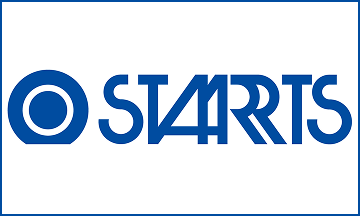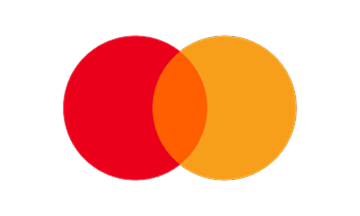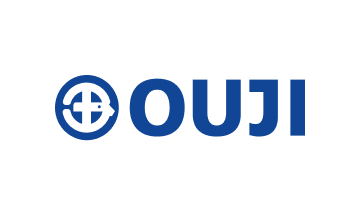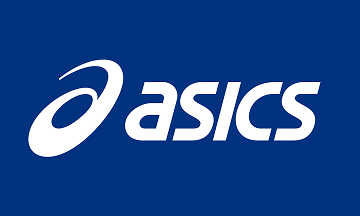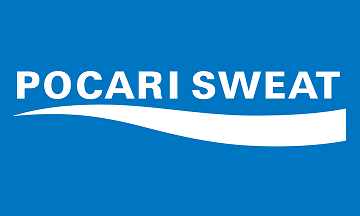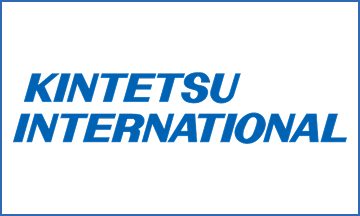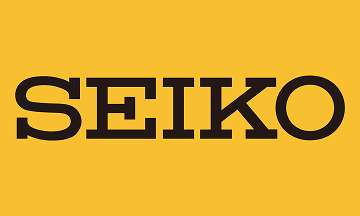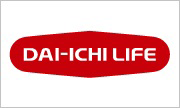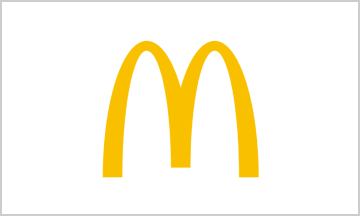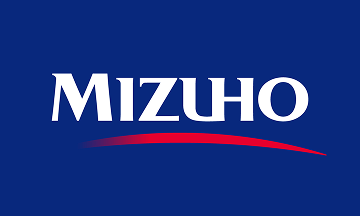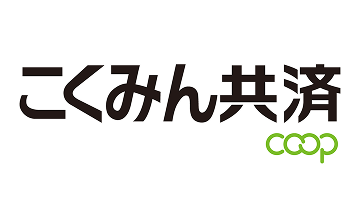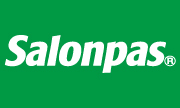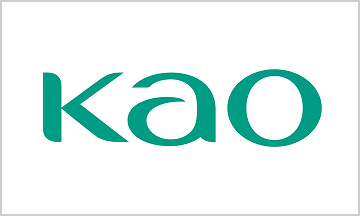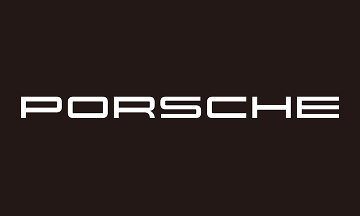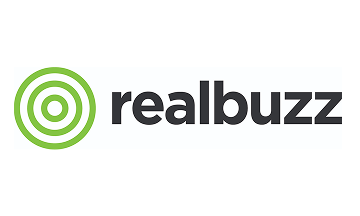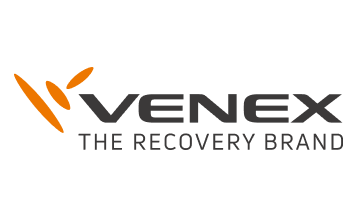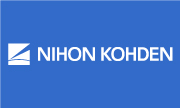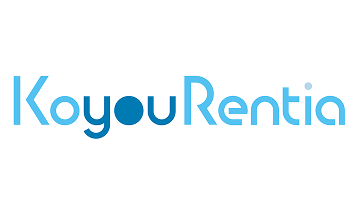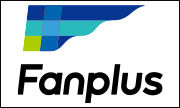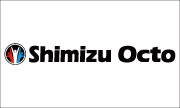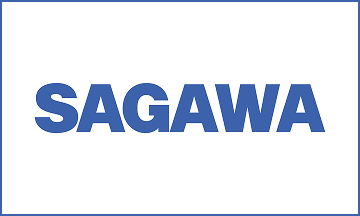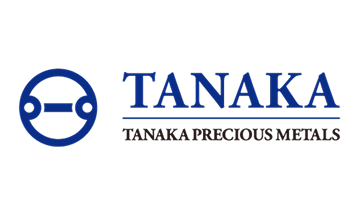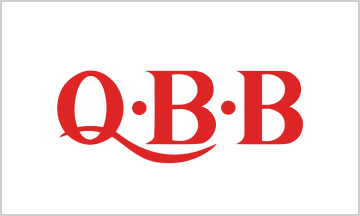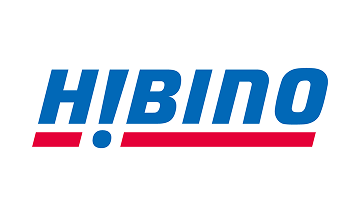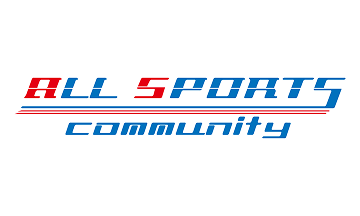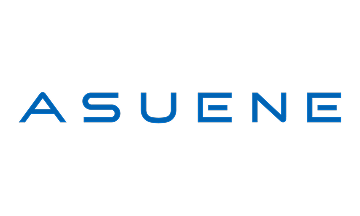days
General Information
Information about the Tokyo Marathon 2026 for anyone involved.
- Race Information
- Result/Runner Search
- Gallery
- Press
- News
- Charity Results
- Sustainable Projects
through - Interview Relay
Sustainable Projects through Tokyo Marathon 2025
In an effort to achieve the Sustainable Development Goals (SDGs) undertaken by the international community, the Tokyo Marathon Foundation, in collaboration with official partners, carried out sustainability initiatives for the Tokyo Marathon 2025, focusing on waste reduction, environmental conservation, and DEI (diversity, equity, and inclusion) through various initiatives, starting with charity and volunteering.
We recognized the Tokyo Marathon as a mass event serving as a platform for public awareness, promoting a sustainable society through the sport of running and calling for understanding and cooperation from everyone involved in the event.
Initiatives to promote "Bottle-to-Bottle" horizontal recycling of PET bottles used during the race

In collaboration with our official partner Otsuka Pharmaceutical, we will separate and collect the plastic bottles provided to runners at each aid station, and use the collected bottles as raw materials for recycled plastic bottles. These recycled bottles will then be reused as beverage containers by Otsuka Pharmaceutical and other beverage manufacturers.
Paper cups used at aid stations are collected and recycled

We worked with our official partner Otsuka Pharmaceutical to recycle paper cups. After runners used them at aid stations, the collected cups were placed in dedicated collection boxes and used as raw material for recycled paper to produce toilet paper.
Using electric vehicles along the course

In line with the Tokyo Metropolitan Government‘s Zero Emission Vehicle promotion initiative, Porsche electric vehicles, including the Taycan and Macan, were used as part of the support fleet for event operations to help reduce CO2 emissions.
Diversity Initiatives
Aiming to create a more inclusive society, we promoted sustainability initiatives designed to make the event warm and welcoming, with thoughtful consideration for people with disabilities and members of the LGBTQ+ community.
Addition of non-binary option
We added “non-binary” to the gender options (male/female). A non-binary option was added to the gender category for general runners starting from this race to meet the needs of the increasingly diverse runners.
(Participants: 39)
One non-binary runner said, “I am truly happy that the Tokyo Marathon added a non-binary category.
I was honored to be recognized as a top finisher. I am very grateful to the Tokyo Marathon for giving me the opportunity to participate and feel very proud.”
Trial implementation of the Duo Team program

We conducted a trial of Duo Teams in the general entry category with the aim of providing an opportunity for people with cerebral palsy and other conditions that make it difficult for them to run on their own to take on the challenge of a marathon. This was the first trial at the race, with four teams experienced in Abbott World Marathon Majors (AbbottWMM) races participating and completing the course.
One participant said, “I am deeply grateful that AbbottWMM partnered with the Tokyo Marathon to provide athletes with disabilities like me the opportunity to take part in such an incredible event.”
Universal Changing rooms and Universal restrooms
(Location:start, 10.7km finish and finish area)
Universal changing rooms were installed at each facility. Additionally, we conducted a study session with Pride House Tokyo.
Universal Design (UD) for communications
On the day of the race, we utilized "SoundUD," which can display announcements in multiple languages, to support various forms of communication.
Establishment of the "sustainable cheering area" at the finish area

A cheering area prioritizing people with disabilities and children was set up in the finish area, with many people participating.
As a new initiative, a workshop was held the day before the event as part of an art project, where participants created cheering goods and used them to support runners.
Promoting the use of environmentally friendly materials
Produce gear for volunteers using recycled materials

Knapsacks distributed to volunteers for carrying personal belongings during activities were made from recycled marine litter. These knapsacks will be promoted for reuse in the future.
Promotion of Reuse of Volunteer Apparel
Promotion of Reuse of Volunteer Apparel
To reduce the environmental impact of manufacturing and disposal, the uniforms distributed to volunteers will be promoted for reuse in future events.
Discontinuation of safety pin provision
To reduce waste during the race, we discontinued including safety pins in athlete bib sets.
Installation of clothing collection boxes
A total of 4,780 kg of unwanted clothing and winter wear was collected around the start area, with some recycled into new products through chemical recycling, thermal recycling, and reuse recycling.
Additionally, 14,110 kg of cardboard and waste paper were collected and recycled into new products.
Reuse of course tape
We used reusable course tape along the race route where possible.
Upcycle of Tokyo Marathon flags
Upcycling of Tokyo Marathon flags

A total of 156 flags collected from the Tokyo Marathon 2025 course will be repurposed into bags for sale.
In support of employment for people with disabilities, sewing work is outsourced to facilities employing people with disabilities, with a portion of the profits planned to be donated to the Tokyo Goodwill Bank (Tokyo Council of Social Welfare).
Reduction in production materials, etc.
Digitization of Tokyo Marathon 2025 official program
We achieved a paperless initiative by digitizing the official program.
[Program Views:116,628]
Official Program Available Here
VOLUNTAINER Meeting 2025~Explore, Learn, and Connect for Sustainability through Tokyo Marathon~
During the Tokyo Marathon EXPO 2025 (February 27 to March 1), the “VOLUNTAINER Meeting 2025—Explore, Learn, and Connect for Sustainability through Tokyo Marathon—” was held to promote sports volunteering culture and introduce sustainability initiatives to runners, accompanying persons, volunteers, the general public, and all visitors.
With the cooperation of partners and charity programs, we welcomed participants with various content, including seminars, talk shows by famous athletes, and workshops.
<Workshops, etc.>
-

Let's play with toys! -

AED hands-on corner -

Let's learn about Bangladesh!
Take the Spice Quiz! -

Iron Beads Workshop -

Felt Cloth Wappen Workshop -

Traditional Japanese Kintsugi Experience -

Creation of original cheer goods using mainly scrap wood -

Cheer message “gloves” production
<Scenes from the Stage>
-


ASICS presents The other interview relay!
-


ASICS presents A yoga and sustainable social event to lift your spirits!
-


LGBTQ+ to Inclusive at the Tokyo Marathon 2025
●With thanks to all those who supported the event (in no particular order)
Mastercard/ASICS Japan Corp./Otsuka Pharmaceutical Co, Ltd./McDonald's Company (Japan), Ltd./Kao Corporation/
BATHCLIN CORPORATION/NIHON KOHDEN CORPORATION/The Nippon Foundation Volunteer Center/Tokyo Marathon 2025 Charity/
mon cadeau Kintsugi/Echizen Pottery Village Cultural Exchange Hall/Achilles International Japan/CEKAI Corp./Pride House Tokyo/
Mana Kobayashi[Yoga instructor]
●For more information, click here.



